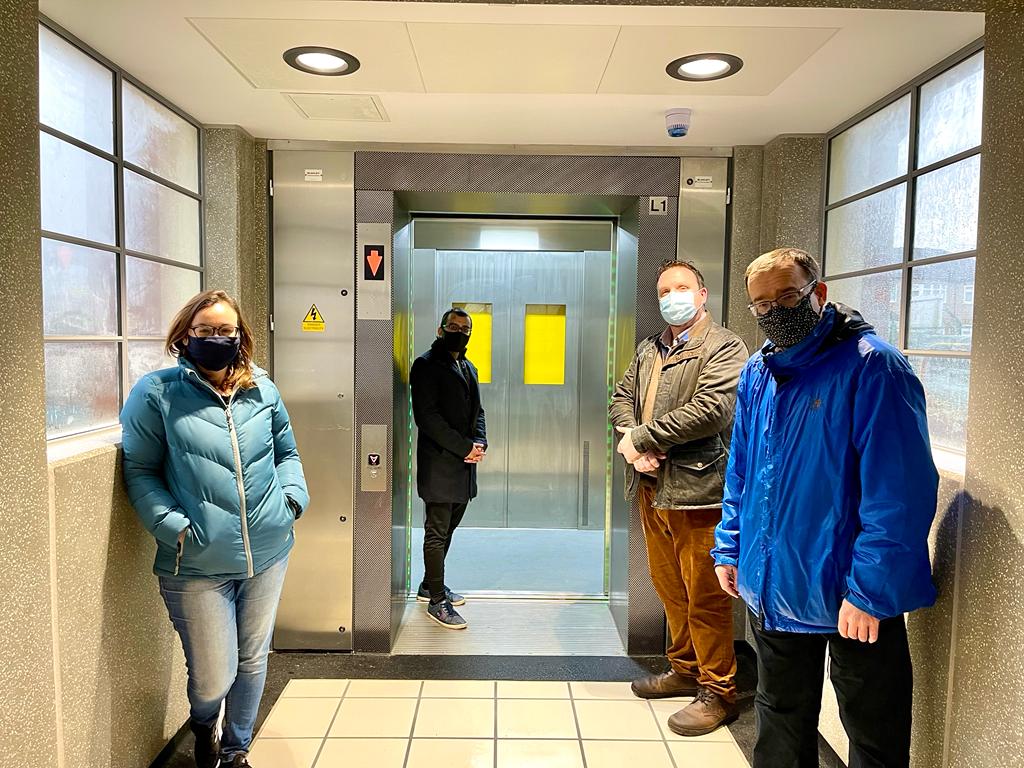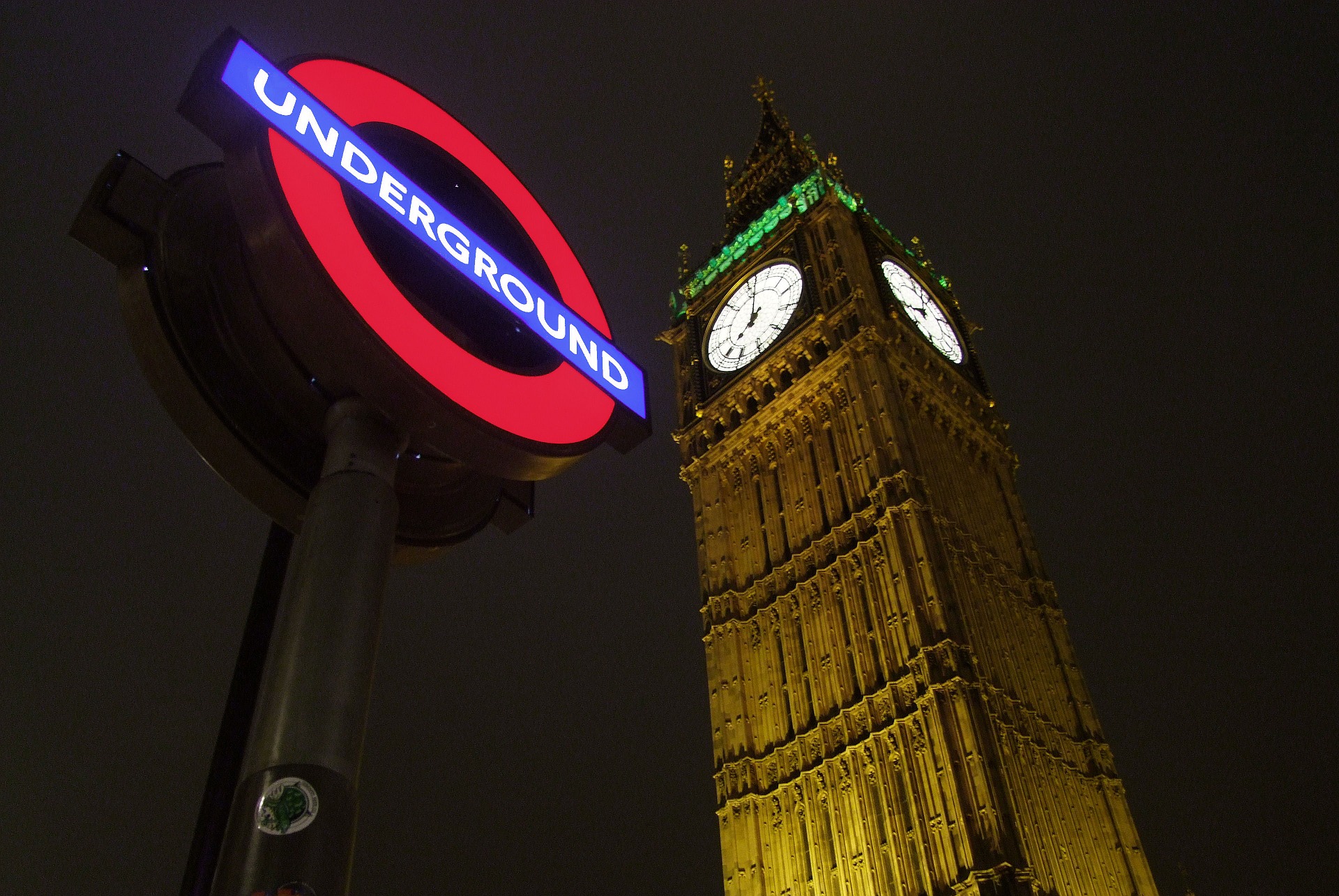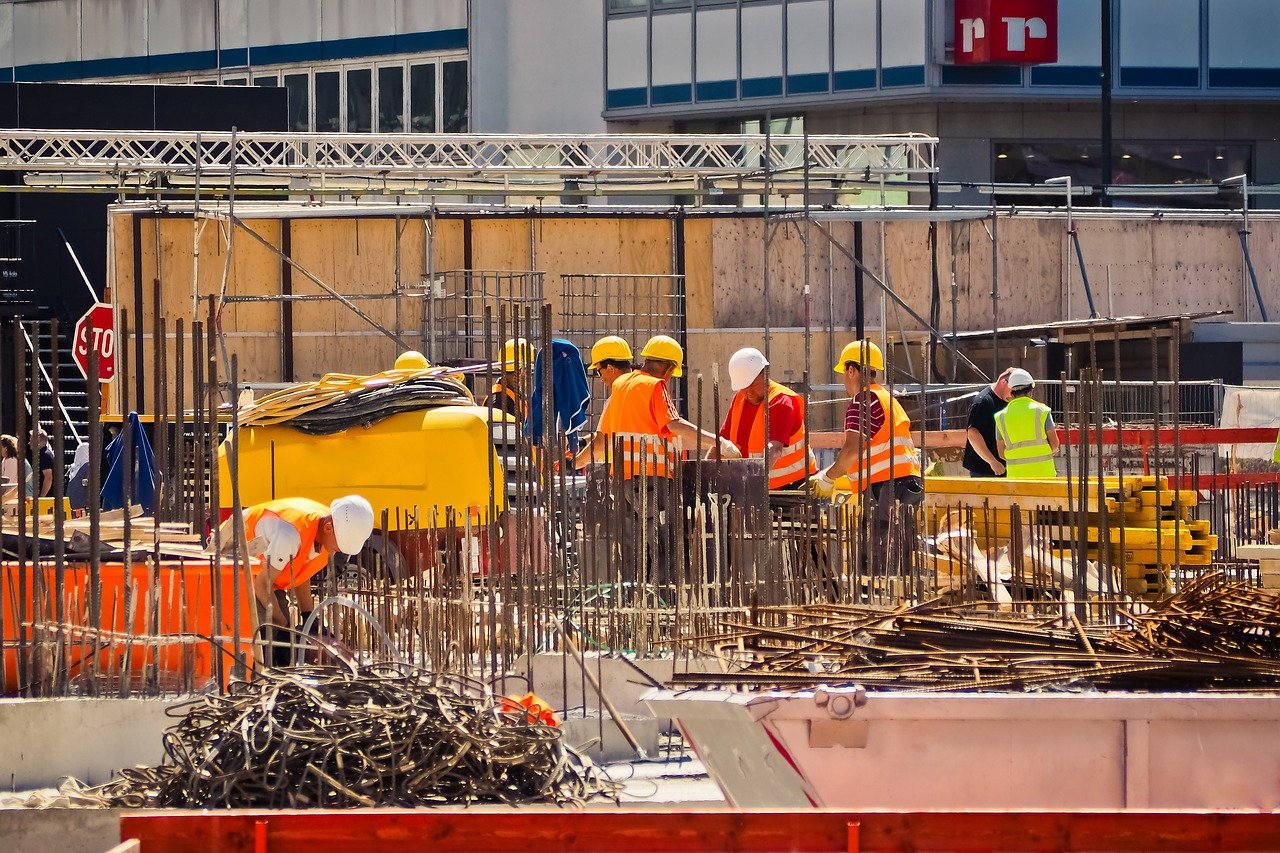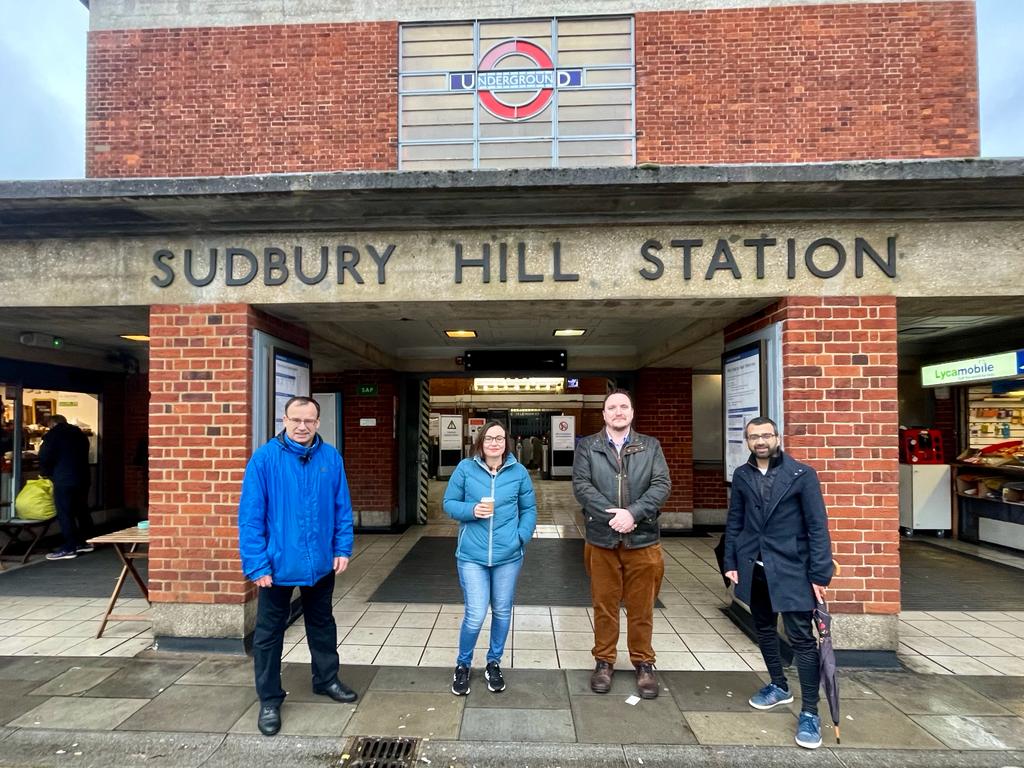Every young Londoner in need of support will get access to a personal mentor by 2024
The Mayor of London, Sadiq Khan, and Chair of London Councils, Georgia Gould, have today announced that every young Londoner in need of support will have access to a personal mentor by 2024 – one of his key manifesto pledges.
This will be delivered as part of a New Deal for Young People, with City Hall, London boroughs, community groups and others across the city working in partnership to put young Londoners at the heart of the recovery from the pandemic.
The commitment is to provide access to a dedicated mentor to young Londoners who are most in need of support and who face the biggest challenges to reaching their potential. This includes children who have been excluded from school or college, those who are impacted by exploitation, young Londoners who are impacted by domestic violence or living in poverty, and those involved in the care system. Overall, there are roughly 100,000 young people in London who face these kinds of challenges.
Sadiq is kickstarting the action by announcing £7.2 million of investment from City Hall. The new funding will expand the mentoring offer in the capital now, helping young Londoners most in need get the help and support they deserve to reach their potential.
The new fund consists of £4.8 million for three programmes that will boost mentoring capacity and build on the incredible work already happening across London. It will expand mentoring for young people, including in science, technology, engineering, arts and maths, and support local organisations to provide training and work experience.
Alongside this, the Mayor has announced today that London’s Violence Reduction Unit, which he set up in 2019, will invest £2.4m in a three-year mentoring programme. The new investment will build on the VRU’s determination to tackle school exclusions by investing in effective mentoring programmes to keep pupils in Pupil Referral Units, engaged in their education, motivated and supported to achieve their goals.
Young Londoners have been disproportionately impacted by the COVID-19 pandemic with a third either losing their jobs or being furloughed, compared to one in six older adults.
Far too many young people are working in insecure jobs with many on temporary or zero-hour contracts. Many more have seen training, education and employment opportunities reduce significantly in the last 20 months, making the need for support more important than ever to prevent increasing numbers of young Londoners being left vulnerable to exploitation or getting sucked into gangs and violence.
Throughout the pandemic, through City Hall, London Councils and London boroughs’ networks, young people and youth practitioners have championed the importance of a trusted personal relationship in transforming a young person’s life.
Research shows that young people will be adversely affected by the impact of COVID-19. The Resolution Foundation found that one-third of 18-24-year-old employees (excluding students) have lost jobs or been furloughed, compared to one-in-six older adults. Resolution Foundation: ‘Young workers in the coronavirus crisis’
Young people have been hit hard by Covid-19 and are a top priority for the Mayor, London Councils and the London Recovery Board. Young Londoners have told us about the transformational impact that mentors and role models can have on their lives.
The New Deal for Young People has committed that by 2024 all young people most in need of support will be entitled to a personal mentor and all young Londoners have access to quality youth activities.
Funding for the expansion of mentoring for young people was made available from three separate programmes1 with grants ranging from £50,000 to £500,000 for groups who deliver mentoring direct or support organisations which do.
Two separate grants worth a total of £300,000 will also be made to support local organisations to provide employability, training and work experience opportunities for young people.
- Leaders Programme: 7-12 grants available of between £100,000 and £500,000 who are able to expand mentoring for young people and provide support to other organisations delivering mentoring;
- Headstart Action programme: Two grants available of up to £150,000 to support local organisations to provide employability, training and work experience opportunities for young people
- Science, Technology, Engineering, Arts and Maths (STEAM) Mentoring programme: 5-12 grants of between £50,000 and £100,000 to expand quality STEAM mentoring for young people and to support STEAM employers who want to expand or introduce mentoring programmes.
The VRU has listened to feedback from the education sector and invested £2.4m in a London PRU Mentoring programme for a three-year period. PRUs serve pupils who have been excluded from mainstream education; a cohort of children and young people who are disproportionately vulnerable. The VRU wants to reduce the likelihood of poor life outcomes associated with being excluded by investing in effective mentoring programmes to keep pupils in PRUs engaged in their education, motivated and supported to achieve their goals.
TfL Funding Update
Transport for London (TfL) today issued the following update on Government funding:
A Transport for London (TfL) spokesperson said: “We continue to discuss our funding requirements with the Government. There is no UK recovery from the pandemic without a London recovery and there is no London recovery without a properly funded transport network in the capital. It is essential London receives the sustained long-term Government funding that is vital for the coming years if a period of ‘managed decline’ of London’s transport network is to be avoided.
“We have today (4 February) agreed with the Government that our existing funding agreement will be extended until 18 February 2022 so that these discussions can be concluded. Working together, we must achieve a longer term capital funding settlement for at least three years, that ensures London’s transport network can remain reliable and efficient, can support the jobs and new homes that rely upon it and can support the economic recovery of the capital and the country as a whole. We hope these discussions can be concluded successfully soon. “
On 1 June 2021, TfL announced that an extraordinary funding and financing support package (the “Funding Package”) had been agreed between TfL and the DfT to support transport services in London and contribute towards TfL’s forecast revenue loss due to reduced passenger numbers using TfL services as a result of the pandemic. The Funding Package initially provided support for the period from 29 May 2021 to 11 December 2021 and was subsequently extended.
On 17 December 2021, TfL announced that the terms of the Funding Package had been amended to extend the funding period to 4 February 2022, to allow TfL to continue discussions with the government in relation to further financial support.
Following further discussion, the terms of the Funding Package have now been amended to define the funding period as 29 May 2021 to 18 February 2022. Other provisions of the Funding Package remain materially the same, including the Top Up Grant mechanism, pursuant to the terms of the Funding Package.
The original terms of the Funding Package announced on 1 June 2021 can be found in the funding letter.
Krupesh Hirani AM at the London Assembly Health Committee asking about hospitalisation and vaccines
It is incredibly important to take up all three doses of Covid vaccinations. Heard from Public Health Regional Director for London Professor Kevin Fenton at a recent Health Committee meeting at the London Assembly that 3 in 5 of those in London hospitals with Covid-19 are not vaccinated and 80% have not taken all three doses.
Tamil Heritage Month
As we approach the festival of Thai Pongal, it’s great that Assembly Members came together on a cross party basis to recognise Tamil Heritage Month.
Harrow has the largest Tamil community in the UK.
Calls for Construction Worker Temporary Visa scheme to help deliver the homes Londoners need
The Mayor of London, Sadiq Khan has today called on Government to create a temporary visa scheme for construction workers to alleviate the debilitating double impact of Brexit and the pandemic on the building industry.
In September 2021 the UK-wide vacancy rate in construction rose to its highest recorded level since 2001 (1) and vacancies in construction were 40 per cent higher in summer 2021 than in the three months before the pandemic (2). Last year the Government instigated a temporary visa concession for EU lorry drivers and poultry workers to come to the UK.
The Mayor is proposing that ministers create a Coronavirus Recovery Visa to help sectors that are struggling with shortages of workers, including construction. The visa should offer at least 12 months to work in the UK and be appropriately tailored to sectors like construction where many workers prefer to work on a self-employed basis.
Some of the labour shortages in this sector could have already been addressed had the Government implemented the recommendations from the Migration Advisory Committee’s October 2020 review to add ‘Bricklayers and masons’ and ‘Electricians and electrical fitters’ to the Shortage Occupation List. The Mayor is also calling for a regional shortage occupation list that allows London and other cities to attract and retain staff in sectors with acute labour shortages.
Prior to Brexit, the capital was dependent on migrant building workers with more than half the workforce being from the EU and beyond. ONS figures show that the number of construction workers in London from the EU fell 54 per cent between April 2017 and April 2020. Furthermore, the UK-born construction workforce is ageing, with an estimated 10-20 per cent reaching retirement age in the next five years.
The Mayor has hit his affordable housing target every year since taking office; 13,318 genuinely affordable homes were started in London last year alone, and in 2019/20 record numbers were started. The capital is also undergoing a council housing renaissance with boroughs starting more homes last year than at any time since the 1970s. However, this progress could be put at risk if construction sector employers cannot access a site-ready workforce to help build the homes Londoners need.
Whilst a temporary visa scheme would provide a short-term fix, the Mayor is determined that young Londoners see the building industry as a positive and viable career, allowing them to benefit from the wide range of opportunities available in the sector whilst building the homes and infrastructure London desperately needs. This was the impetus for the Mayor to set up his Mayor’s Construction Academy (MCA) in 2018, connecting Londoners to training in the skills they need to access vacancies in the capital’s developments, in trades, professions and management. Since the MCA programme’s launch, more than 24,500 Londoners have completed construction training.
The Mayor is also aware of the need for best practice in the construction industry and is a signatory to Unite the Union’s Construction Charter which sets out to improve the city’s construction standards protect workers and outlaw poor construction practices. The charter ensures building contractors and sub-contractors under the control of local authorities provide apprentice training, a safe working environment, and the industry rate of pay to workers.
City Hall’s official assessment of housing need in London found that the city now requires around 66,000 new homes a year to provide enough homes for current and future Londoners.
NHS North West London Covid-19 vaccination on-line webinars for parents, teachers and school nurses on vaccination for 12-15 year olds
Do you have questions about the COVID-19 immunisation program for 12 to 15 year olds?
NHS North West London is hosting on-line discussions for young people, parents, guardians, carers, teachers and school nurses to provide information, and answer any questions you might have about the vaccine and immunisation program, including questions related to clinically extremely vulnerable children. The panel will include consultant paediatricians Dr Liz Whittaker and Dr Hermione Lyall, a GP, as well as a parent.
Please register for the date/time you prefer using the link below. Both events are the same.
Thursday 20th January from 11 to 12pm – https://www.eventbrite.co.uk/e/covid-19-vaccine-program-for-12-to-15-years-tickets-242875205277
Wednesday 26th January from 7pm to 8pm – https://www.eventbrite.co.uk/e/covid-19-vaccine-program-for-12-to-15-years-tickets-243513414177
If the Eventbrite registration opens in Internet Explorer you will have cut and paste into another server
Following your registration, you should immediately receive confirmation. You will receive the TeamsLive link for the webinar 24 hours before the webinar starts
Meanwhile, information about the vaccination program for 12 to 15 year olds can be found here.
Sudbury Hill tube station lifts installed and in operation
Sudbury Hill Underground station on the Piccadilly line has become step-free, helping customers with reduced mobility to access the station and the wider transport network. Grade-II listed Sudbury Hill station now has two new lifts and improved signage giving customers step-free access from the street to the station platforms.
Alongside these upgrades, boarding ramps will continue to be available to assist customers to board or alight the train, along with tactile paving along the full length of both platforms.
TfL staff will be on hand to assist any customers with their journeys, as part of the Turn-up-and-go service.
The ticket hall has also been modernised with the removal of the redundant ticket office, which has improved the ticket hall environment, and care has been taken throughout the work to reflect the look and feel of the original Charles Holden-designed 1930s station. For example, bricks consistent with the rest of the building were used to construct the new lift shafts and a new window was specified to match the style of the existing ones.
The two new lifts will greatly improve access within the station for customers with reduced mobility including people travelling with heavy luggage or buggies and young children.
The completion of work at Sudbury Hill brings the total number of step-free stations on the Tube.
This is brilliant news for the community, with the installation of new lifts opening up local transport links to people with disabilities and mobility issues and making it a lot easier for people with pushchairs and young children to access tube services.
The cherry on top is the remodelling of the ticket hall which now more closely reflects the original architecture of the station.
I have been closely monitoring the progress of the works at Sudbury Hill since my election and I will be continuing to check for updates on the installation of lifts at Harrow-on-the-Hill in the new year.

Fines for red route contraventions in London set to increase
|
Transport for London (TfL) is moving forward with plans to increase the level of the penalty charge for road contraventions on double red lines from £130 to £160. The changes will come into effect from 17th January 2022 following a public consultation held between 5th August and 19th September 2021. Penalty charge notices (PCNs) are issued to the small number of drivers who fail to follow the rules on London’s network of red routes, putting the safety of themselves and other road users at risk and causing disruption and delays on some of the capital’s busiest and most important roads. The penalty charge will still be reduced by 50 per cent if paid within 14 days and increased by 50 per cent if paid after 28 days. Overall, there has been a 26 per cent increase in the number of PCNs issued for parking, loading, bus lane and moving traffic offences between 2016 and 2019. The penalty charge level increase is being introduced to deter contraventions of the road rules and support TfL’s Vision Zero aims to reduce road danger, improve public transport reliability and increase active travel. London’s red routes are roads managed by TfL. They make up five per cent of roads but carry 30 per cent of the capital’s traffic. Red routes exist to allow traffic to move safely and efficiently along some of the busiest roads in London. Stopping is generally prohibited on these roads, outside of designated locations and times clearly marked by signs. Failing to follow the rules and signs at junctions creates safety risks, disrupts traffic and creates congestion for everyone. Vital deliveries can be obstructed and buses and the emergency services can be delayed. Increasing the level of the penalty charge is about improving compliance, not penalising drivers. It should deter motorists from contravening essential rules and safety restrictions. PCNs are an important way of encouraging road users to follow the rules of the road and are only issued to the small number of drivers who contravene these rules. PCNs can be issued for contraventions such as:
The cost of a PCN for contraventions on the red route network has not increased for more than ten years. The last increase was in April 2011 when it rose from £120 to £130. TfL’s increase to £160 is in line with inflation since the last increase. The increase will also bring the charges in line with the penalties for non-payment of the Congestion Charge and the Ultra-Low Emission Zone, which are also currently set at £160. Any revenue raised through these penalty notices is invested back into London’s transport network, which includes investing in its road network to improve safety for all road users. |






